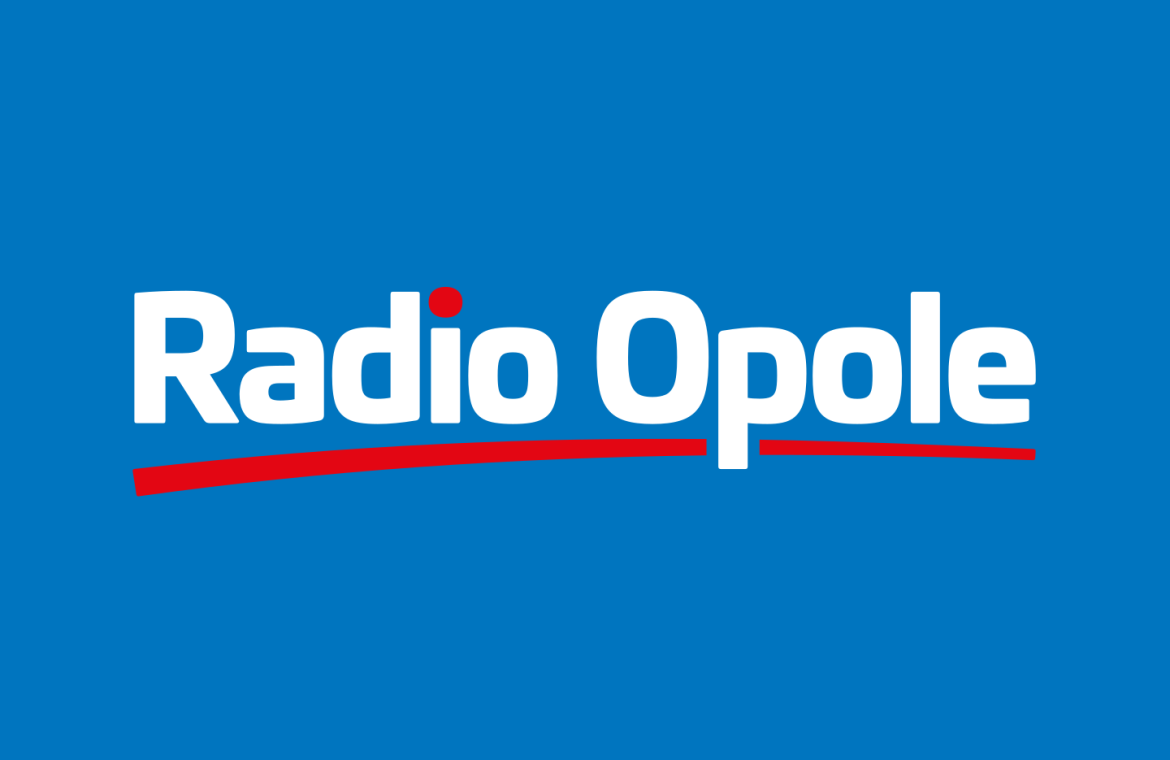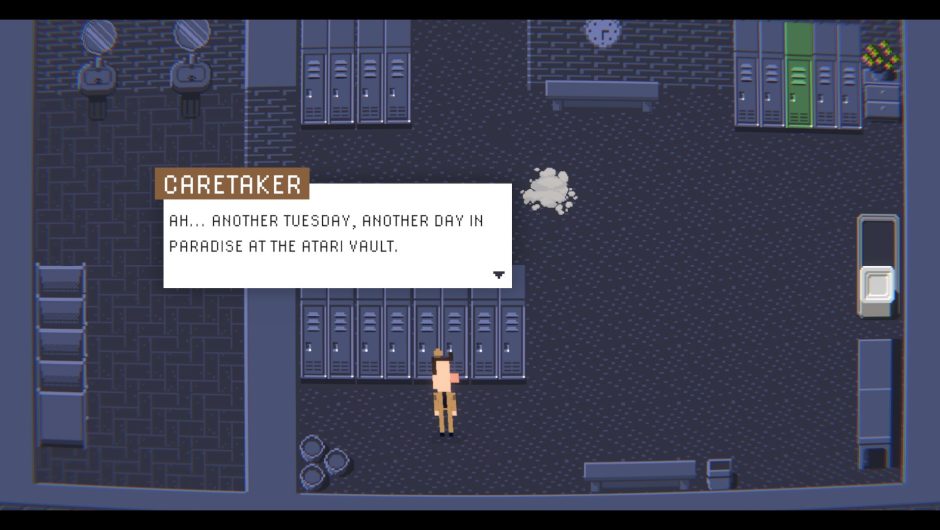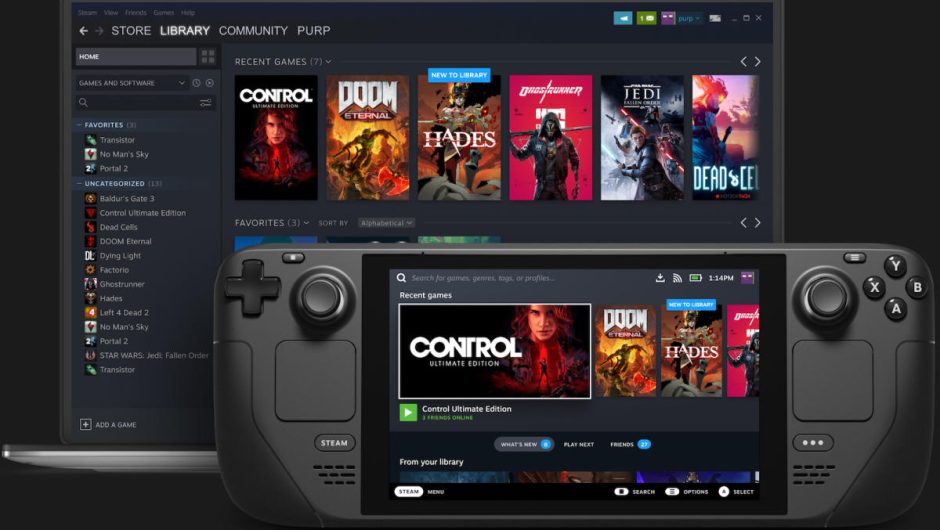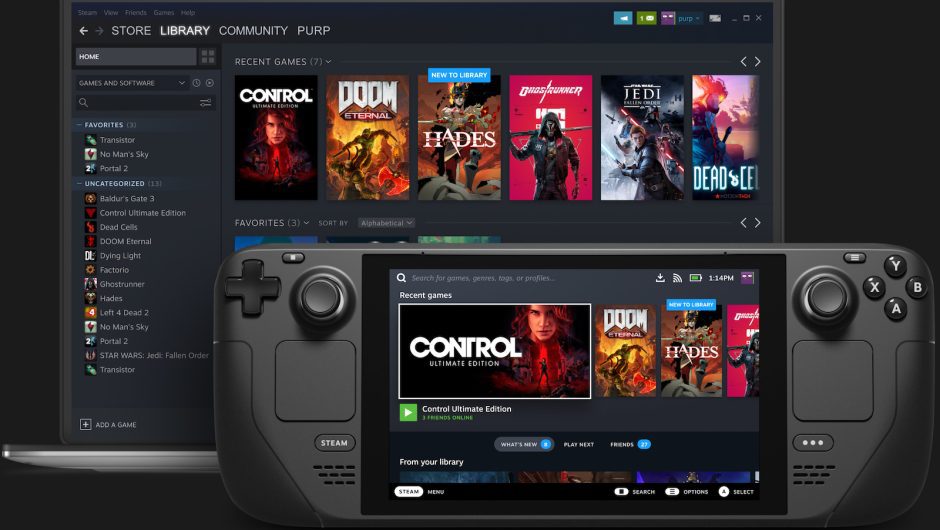On Thursday morning, the International Baccalaureate (IB) exam session begins. Every year in Poland several hundred students enroll, and all over the world there are more than 50,000 such students.
This year, the International Baccalaureate exam session will begin on April 27 with a Physics exam. In the afternoon of the same day, examinations will be held in the subjects of management, anthropology and world religions.
The IB Preparatory Program has been implemented in Poland since 1993 – the first program to which the III Liceum Ogólnokształcące im has joined. Navy of the Republic of Poland in Gdyn and XXXIII Bilingual Secondary School named after Nicholas Copernicus in Warsaw. Currently, it is implemented by nearly 50 schools across the country, public and non-public, international and not belonging to the Polish education system.
The IB Diploma is recognized and recognized as prestigious in many universities around the world. The IB Matura is treated as an equivalent A level test of English (eg Oxford, Cambridge) or SAT (eg MIT – Massachusetts Institute of Technology). Most of the graduates of Polish international high schools give the motivation to study in the IB system the desire to study in another country.
The international exam session always starts in early April and May. In previous years, it was most often on May 2 or 3. The session lasts three weeks. This year it ends on May 20. During this time, students take several tests in six subjects. Native language, foreign language and mathematics are mandatory. In addition, there are exams in subjects from the groups: social sciences and experimental sciences, and in a subject chosen by the student from among all the subjects offered in a particular school. There are two rounds of exams: morning and evening.
The range of subjects in the field of social sciences includes: geography, history, philosophy, economics, psychology, anthropology, political science, management, information technology in a global society and world religions (five religions selected from nine: Christianity, Judaism, Islam, Hinduism, Buddhism, Sikhism, Taoism, Jainism and Baha’i). In the case of history at the extended level, there is a difference between American history, European history, African history, West Asian history, and East and Southeast Asian history. The variable that is taught often depends on the location of the school.
The range of subjects in the field of experimental sciences includes: chemistry, physics, biology, computer science, environmental sciences, health and sports sciences, and design technology.
The IB program is undertaken in the last two years of high school; Classes are conducted in English. It is up to each school to decide how to enroll in these classes.
matura test materials are prepared in Great Britain and from there sent to schools all over the world; The International Baccalaureate is carried out by schools in about 135 countries. After the exam, the papers are coded and sent by mail to examiners in different countries. All exams (except for the mother tongue) are conducted by students in English.
High school graduates have a 24-hour secret regarding the tasks in the exam papers, because the same tasks are solved by high school graduates who live on different continents, in different time zones.
Each work is rated on a scale of 1 to 7 points. Out of the six parts of the exam, a student can get a maximum of 42 points. To pass the IB Matura exam, you must get at least 24 points.
To obtain a diploma, you must meet three more conditions (for them you can get 3 additional points). You need to write an EE – Extended Essay on any subject taught in school (not necessarily passing the matura exam) written in the language of instruction. The topic is free, however, the student has to do his or her own research. The work must be carried out under the supervision of a teacher from the school. You must complete an epistemology course and write an essay on a specific topic, chosen from a list of six topics defined by the IBO, and give an epistemological presentation on any topic. You must also complete a minimum of 150 hours of CAS (Creativity, Action, and Service – Creativity, Action, and Help) classes. CAS includes sports, artistic and social activities, etc.
Exam results will be published on the IB website in July, and students will receive their diplomas at the beginning of September.
The International Baccalaureate system was established in 1962 in Geneva. The aim of teaching and pedagogy in IB schools is “the inclusive education and creation of a human being tailored for the united world of the twenty-first century, (…) promoting mutual understanding between nations, as well as facilitating the geographical and cultural mobility of students, regardless of national or national affiliation.” In the world, the International Baccalaureate program manages approximately 2.5 thousand people. schools.
The International Baccalaureate Diploma is compatible with the Polish High School Leaving Examination certificate and qualifies you to apply for admission to Polish universities under the same conditions as the Polish Matura Examination (PAP).
Author: Danuta Starzyńska-Rosiecka
DSR / month /






